History of Indigenous Data Sovereignty
While the term Indigenous Data Sovereignty is relatively new, Indigenous Peoples have always been data collectors and knowledge holders. The rise of national Indigenous Data Sovereignty networks reflects a growing global concern about the need to protect against the misuse of Indigenous data and to ensure Indigenous Peoples are the primary beneficiaries of their data. GIDA connects these national communities to advocate for shared rights and interests in data.
“Indigenous groups across the world have increasingly become engaged in the data space in response to historical practice and to guide good practice going forward. This has included the establishment of country specific networks including the US Indigenous Data Sovereignty Network (USIDSN) to support IDS through data-driven research, policy advocacy, and education. The Aotearoa New Zealand-based Te Mana Raraunga - Maori Data Sovereignty Network, was formed in 2015, and argues that data that are collected about Indigenous people should be subjected to the laws of the nation from which it is collected, including tribal nations. The First Nations Information Governance Centre advocates for and coordinates Indigenous data governance efforts for First Nations in Canada; the Maiam nayri Wingara Aboriginal and Torres Strait Islander Data Sovereignty Collective in Australia was formed in early 2017 to develop Aboriginal and Torres Strait Islander data sovereignty principles andto identify Aboriginal and Torres Strait Islander strategic data assets (Lovett et al. 2019).”
Lovett, R., Lee, V., Kukutai, T,. Cormack, D., Carroll-Rainie, S,. & Walker, J. (2019). Good Data Practices for Indigenous Data Sovereignty and Governance. In Good Data, Daly, A., Devitt, SK,. & Mann, M (eds), Institute of Network Cultures, Amsterdam.

